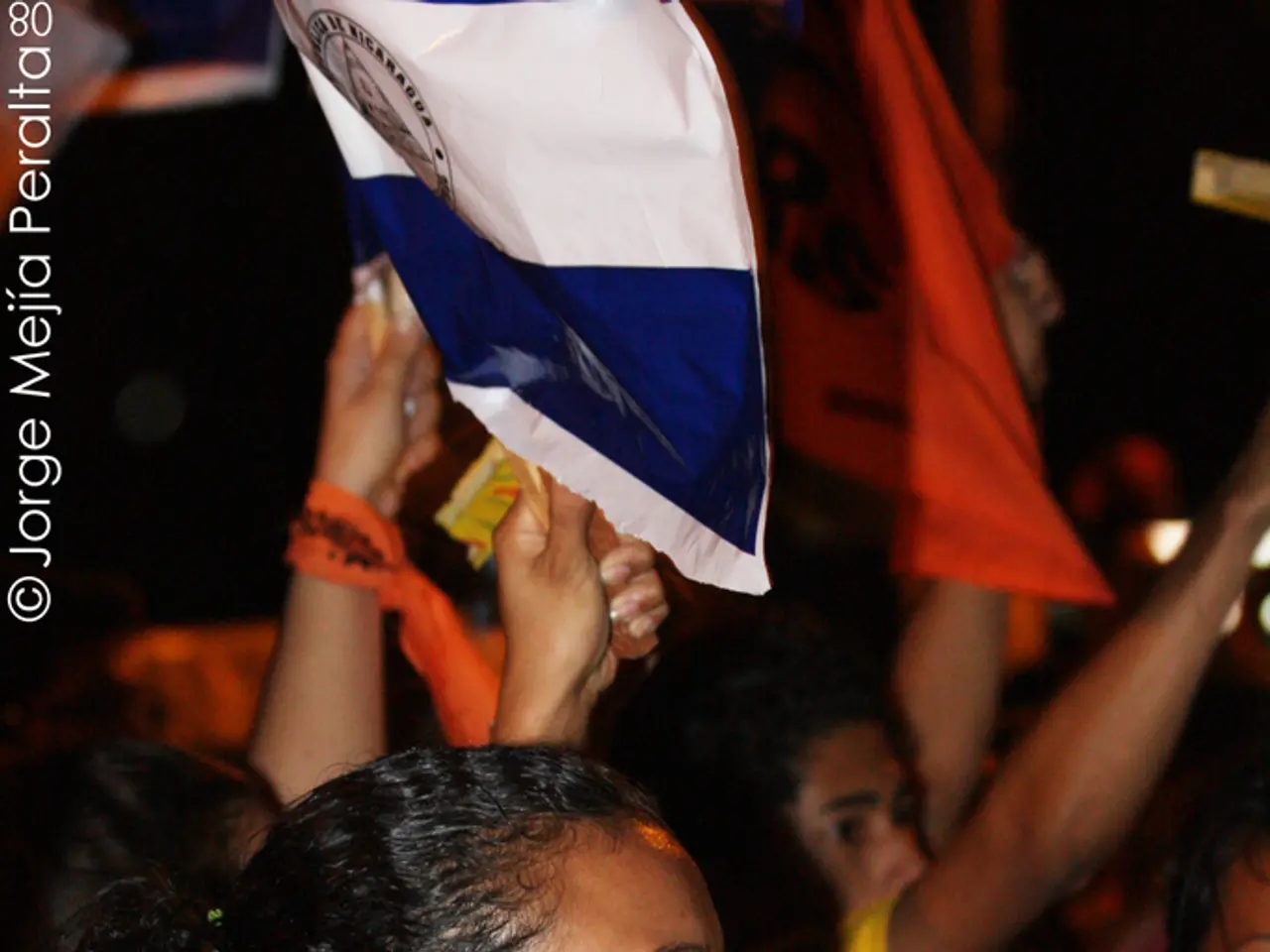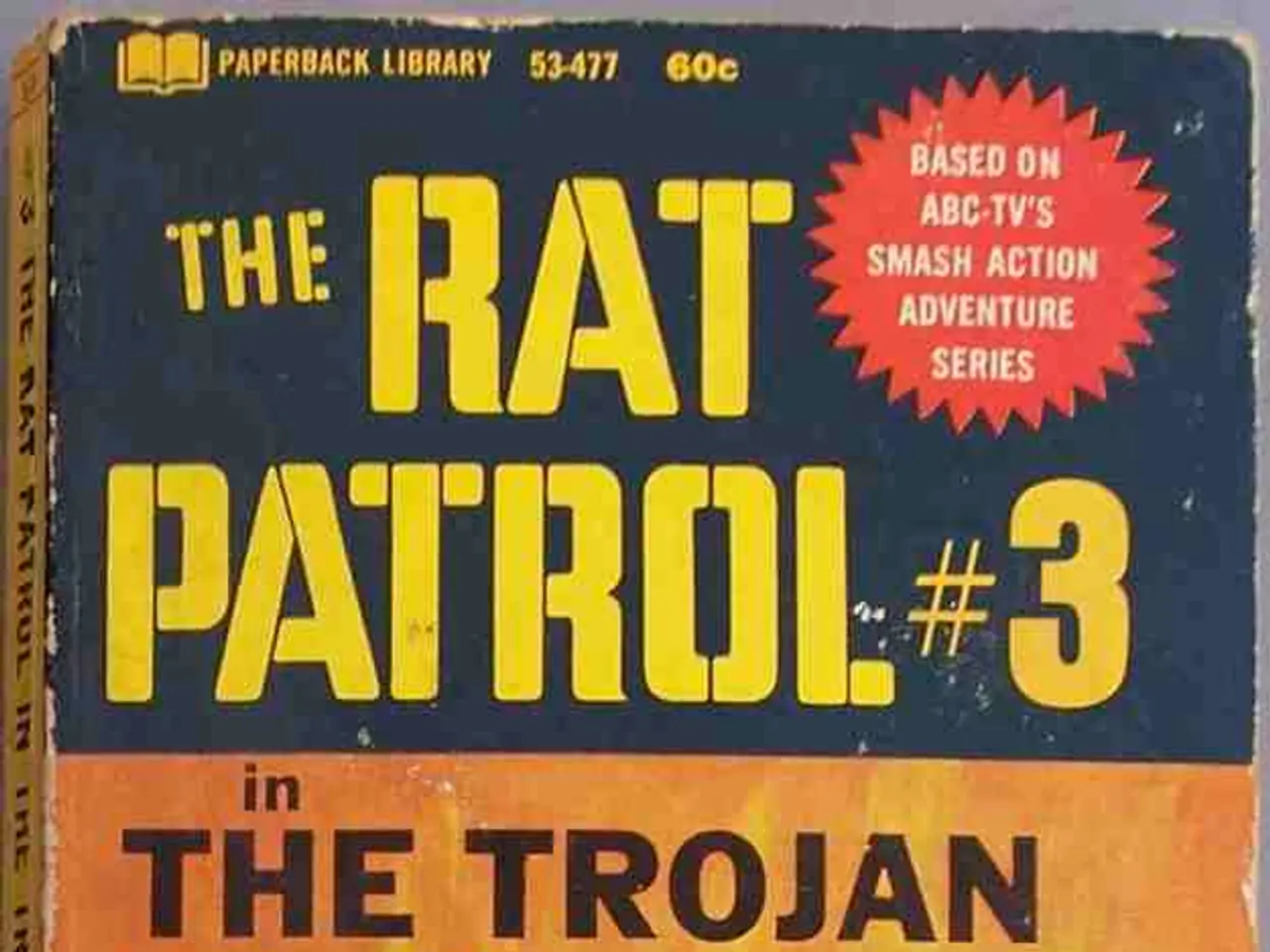Evidence Presentation by Colorado Prosecutors in Firebomb Case at Israeli Hostage Protests
In the aftermath of the firebomb attack on a peaceful demonstration in Boulder, Colorado, on June 1, 2023, the legal implications of political views in hate crime cases are under scrutiny. The attack, which left 29 people, including 13 physically injured and one fatality - 82-year-old Karen Diamond - has resulted in federal hate crime charges against Mohamed Soliman.
Soliman, an Egyptian national living in the U.S. illegally with his family, is accused of hurling Molotov cocktails during the demonstration, while shouting "Free Palestine!". Federal prosecutors allege that the victims were targeted due to their perceived or actual connection to Israel, linking it to their national origin, a protected category under hate crime law.
However, Soliman's defense argues that federal hate crime law requires proof that he targeted the group specifically because of their race, color, religion, or national origin, not merely their political views or opinions. This legal argument, reflecting a broader judicial reluctance to equate political motives directly with hate crime definitions, has complicated the application of hate crime statutes in this case.
Karen Diamond, a volunteer for several local groups including the University of Colorado University Women's Club and a local music festival, was among the victims. Soliman has pleaded not guilty to the hate crime charges and has not yet been asked to enter a plea to the state charges.
The preliminary hearing for Soliman is scheduled for Tuesday in state court in Boulder. The purpose of the hearing is for District Judge Nancy Woodruff Salomone to determine if there's enough evidence for Soliman to go on trial. Soliman's state public defenders had requested a delay to review significant medical records in light of Karen Diamond's death and Soliman being charged with murder, but Tuesday's hearing is set to move ahead over their objections.
The outcome of this case could significantly influence how political views intersect with hate crime laws going forward. The debate is part of a larger national discourse on political violence, where recent violent acts, including Soliman's and others, raise questions about how the law should address hatred that is fundamentally political. Some argue that hatred of political beliefs and affiliations, increasingly common today, fuels violence, but falls outside traditional hate crime protections designed around immutable characteristics like race or religion.
As the legal and societal landscape continues to grapple with these complexities, the Soliman case serves as a poignant reminder of the ongoing challenge of balancing protections against hate crimes while accounting for the role of political views in motivating such crimes.
Us, as citizens, are closely following the Soliman case as it navigates the intersection of politics, general-news, and crime-and-justice. The ongoing legal debates surrounding the application of hate crime laws to political views, particularly in light of Soliman's alleged actions, are resonating in national discussions about political violence.






